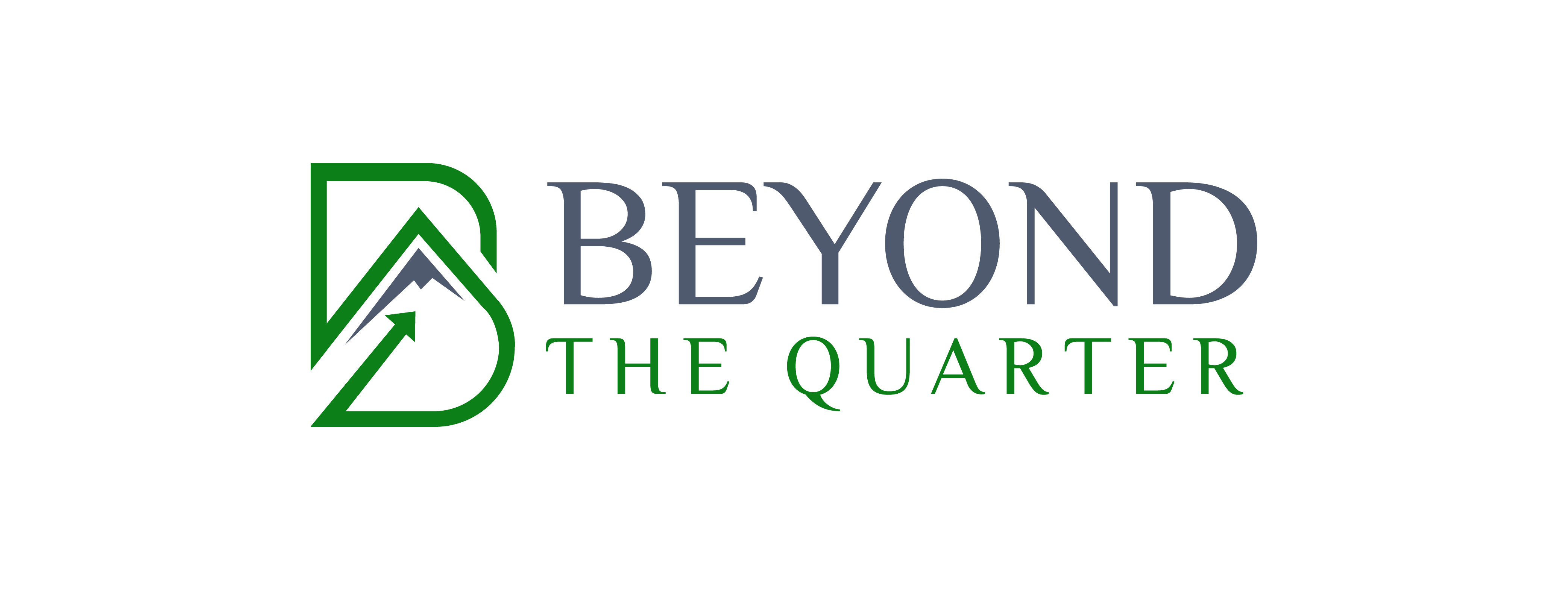There’s a real irony about “Imposter Syndrome”.
In the VAST MAJORITY of cases, it’s a fake syndrome.
Here’s what a syndrome is (straight from the dictionary):
1) a combination of medical problems that commonly go together and that show the existence of a disease:
2) used in the names of various illnesses (e.g. irritable bowel syndrome):
The vast majority of people I speak to who say they have it are experiencing something quite different.
They’re doing something for the first time. Most commonly, leading a company which is now bigger than they thought they’d ever lead.
Or they’re doing something where they feel they’re not really in control. That they’ll be called out on it at some point.
But all that’s happening is that they’re growing.
Those of you who are parents, think back to when your kids started walking. Did you make sure to let them know that they’re suffering imposter syndrome?
They clearly weren’t walkers yet. But there they went – those fakers – trying to walk and unerringly identifying the most breakable things to knock down as they went.
Imposters. The lot of them.
No. It’s not a syndrome. There’s some stress, discomfort, insecurity. All the things that come when we try something new and want it to succeed.
But not a medical problem that shows the existence of a disease. Or anything near it.
And the words matter. Because we can deal with it in one of two ways.
We can call it what it is – the stress of growth. Which means we recognise we’re on a growth path, and are empowered to take it.
Or we join the crowd and call it “imposter syndrome”, a (pseudo) medical condition of which we can’t be cured.
And disempower ourselves in the process. Give ourselves an excuse not to grow.
The thing is I hear it A LOT in CEOs of growing companies. Of companies they’ve literally built from the ground up. If ever there was progressive training, this was it.
Yet, they paint themselves as having imposter syndrome. When really, someone’s just put another 1/2 kg on the bar.
Your choice. Use words that own it, or which give you a ready out.
This is the fourth in a series on leadership, authenticity, vulnerability and imposter syndrome in my Build on Purpose newsletters. Subscribe if you’re interested in how you can lead a commercial SME, and do so with values and purpose.
[su__blog_promo]